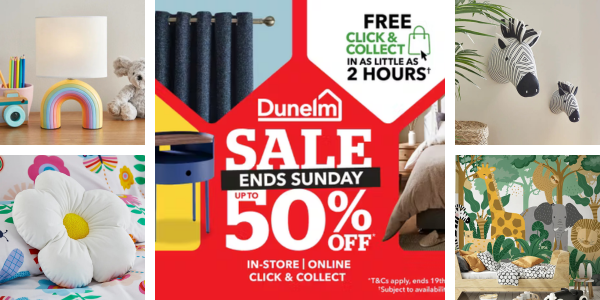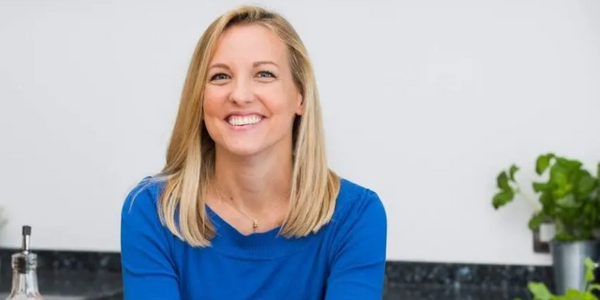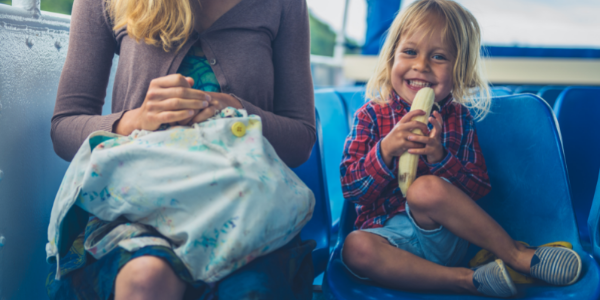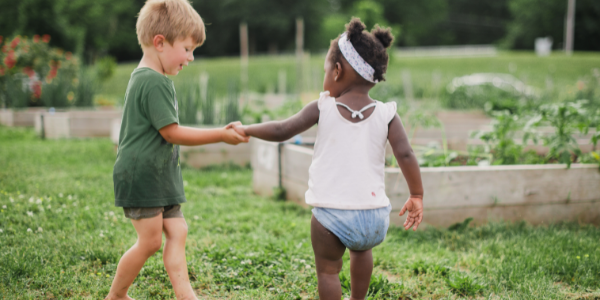

Your child might make friendships easily, running up the nearest smiley face and declaring they’re ‘BFFs forever’.
Or maybe your child is the one sat playing alone in the corner. Either way, helping your child foster healthy friendships is a great thing to do.
When do toddlers make friends?
You might have a bunch of friends whereas your friend might only have you as their bestie. Just like adults, kids vary in how they approach friendships. And they really don’t get going with friends until they’re about 3. Until this age you might see them play alongside other kids or actively ignore them, this is all normal.
Once they hit 3 they might start to meet other children at nursery or playgroup and ask to play with them using their name. But depending on how social your child is they might not be interested at all.
Once your child turns 4 you might see more of them differentiating between ‘friends’ and other kids they just know. But it’s common for children to just watch instead of joining in and friends can change on a daily basis. They might play in big groups or have one child they always gravitate to. However they play, you can help them learn to listen, share, be kind and learn the ground rules of friendship.
How can I help my toddler make friends?
- Give them chances to socialise with other kids, whether that’s in a formal setting like nursery or just a chance encounter in the park. Gently encourage them to interact but don’t force them if they’re not interested.
- Kids learn loads by watching us, so model good friendship behaviour. Say hello to people and if you spend time with your friends then don’t shuffle your little one off. Instead let them watch you chatting, listening, taking turns to talk and asking questions. Show them what being a good friend looks like.
- Help them take turns. If your child and another is fighting over a toy then show them how to pass the toy between them, talking through what you’re doing all the time. A note of caution - this can take some real practice and even older kids struggle with sharing at times so keep reinforcing the behaviour you want. Don’t attempt sharing when they’re in meltdown mode, overtired or super attached to a toy.
- Start playing games early on so they understand being patient and waiting their turn and how to lose without flipping out. This is building friendship skills while having fun.
- Read books about friends and friendships.
- Give them the basic tools to create friendships - smiling, asking someone’s name and asking questions so a friend knows you’re interested. If they encounter someone new you can prompt them to use these tools, but don’t push it if they don’t have the confidence at first.
- Be ready to step in and deal with any conflict in a calm way. No going nuclear if little Jonny won’t play with your child.
Friends are important because they build your child’s self-esteem and confidence. It’s an important part of everyone’s social development so get those play dates booked in and make some new mum friends too.
Mum of a toddler and need some help and support? Join us on Facebook, 70,000 mums who know exactly where you’ve been.
Read:

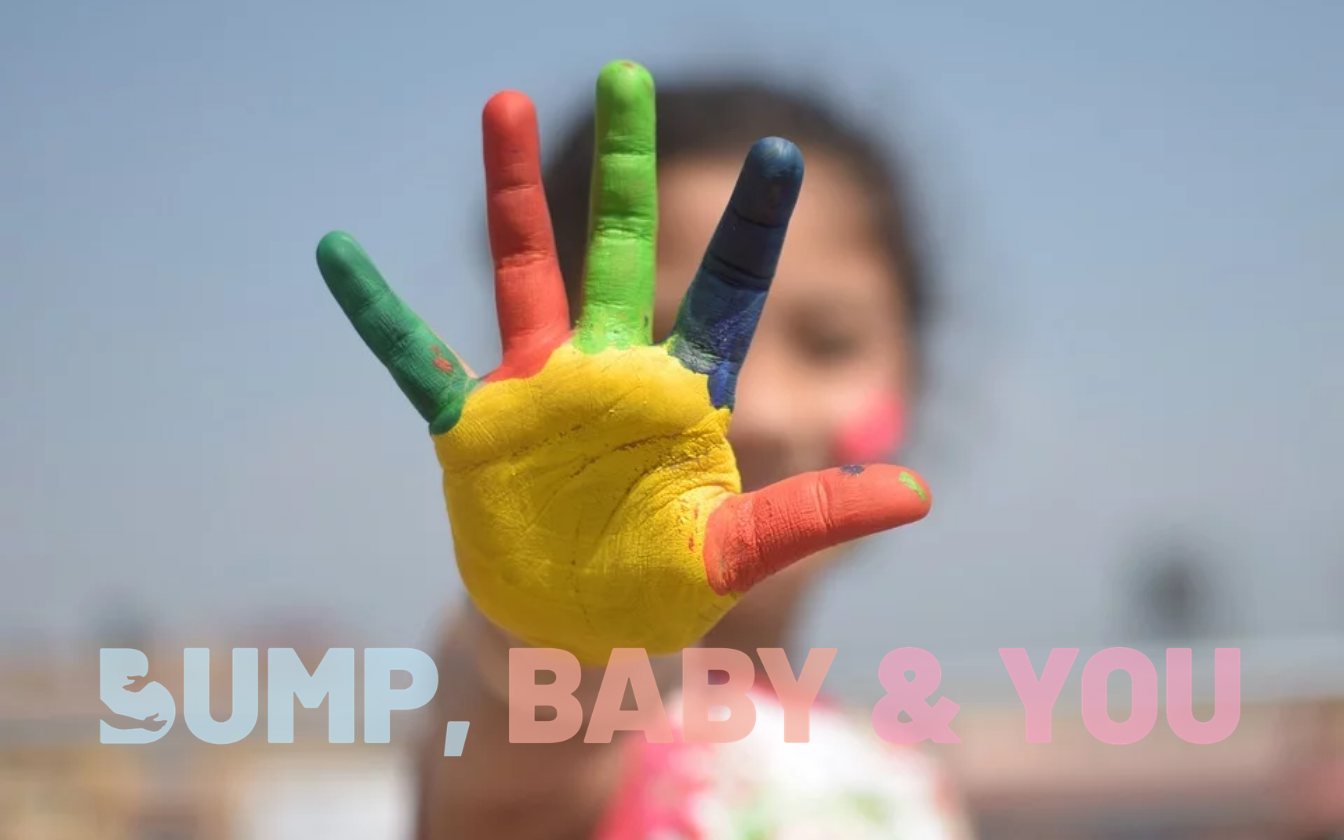
.png)


